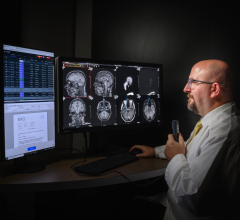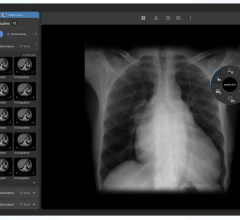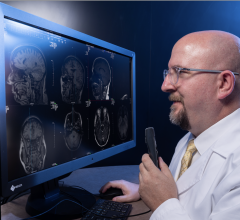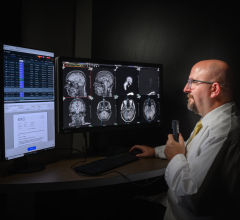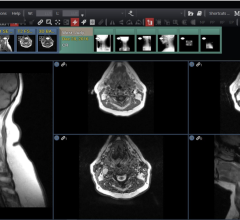A new study gauging the brain's response to product branding, presented today at the Radiological Society of North America’s annual meeting, has found that strong brands elicit strong activity in our brains.
Researchers used fMRI to study 20 adult men and women, all right-handed, with a mean age of 28 years and a high level of education. While in the fMRI scanners, the volunteers were presented with a series of three-second visual stimuli containing the logos of well-known and lesser-known brands of car manufacturers and insurance companies. A brief question was included with each stimulus to evaluate perception of the brand. During the sequence, the fMRI acquired images of the brain, depicting areas that activated in response to the different stimuli.
The results showed that strong brands activated a network of cortical areas and areas involved in positive emotional processing and associated with self-identification and rewards. The activation pattern was independent of the category of the product or the service being offered. Furthermore, strong brands were processed with less effort on the part of the brain. Weak brands showed higher levels of activation in areas of working memory and negative emotional response.
The study was led by Dr. Christine Born, a radiologist at Ludwig-Maximilians University in Munich, Germany.


 July 25, 2024
July 25, 2024 

